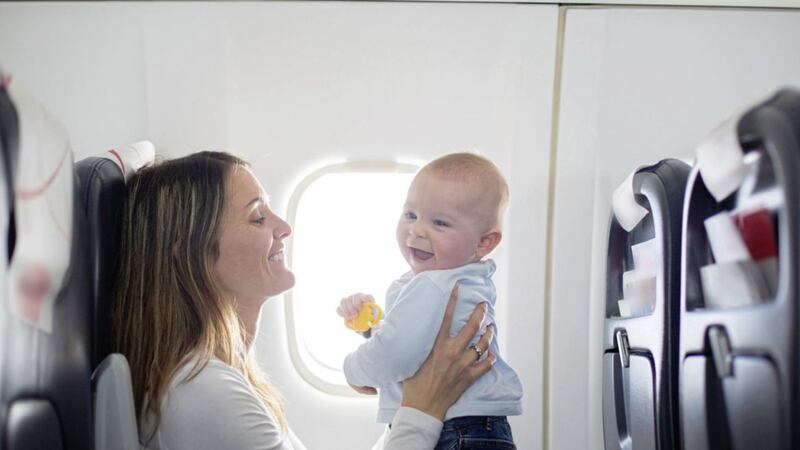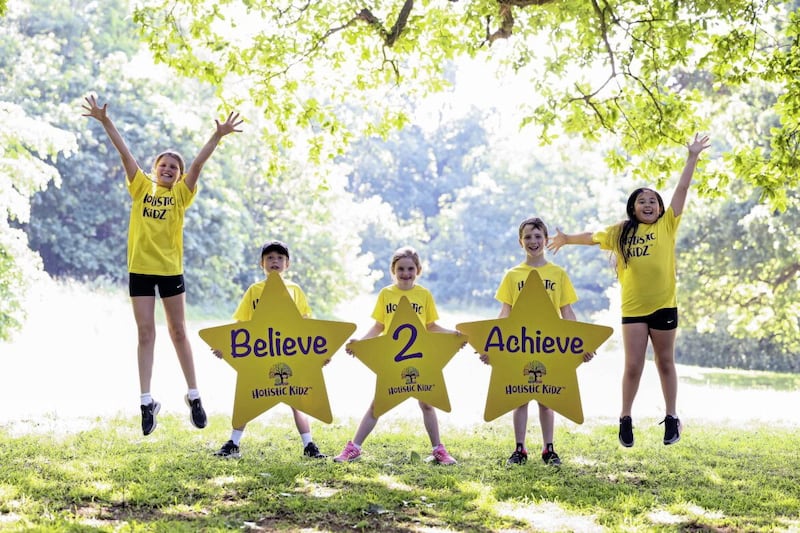TRAVELLING with a baby is never easy – unless, like Harry and Meghan, your entourage includes a nanny.
However, baby experts at the NCT suggest it can be easier travelling with a baby than with a more mobile toddler. The charity's postnatal practitioner Claire Maguire says: "There are always 101 things to think about before you go away, but being prepared will make travelling with a young baby feel easier.
"Each baby is different – some will settle easily wherever you are, while others may be more perturbed by a change in routine. Ensuring you have everything you need before you go and allowing extra time to get where you're going may help with keeping stress levels down and lessen your chance of being caught out."
Here are 10 tips for travelling with a baby.
1. Be realistic: Travelling with a baby is never going to be as easy as just travelling with your partner or friends. But being prepared will make it a lot less harrowing.
2. Check with your airline: The NCT say infants must usually be at least two weeks old before they can travel, although some airlines allow seven-day-old infants on board. The booking policy differs from one airline to another, so it's important to check directly with the airlines, and also ask what facilities for parents and babies are available at the airport and on the flight.
3. Keep things handy: If you're flying, try to keep the things you need for baby in your hand luggage. A bag with lots of pockets for easy access is a great idea.
"Check you have enough supplies of clean clothes, wipes and nappies in your hand luggage," advises Maguire. "Always pack more than you think you'll need and it's also worth including a fresh top for yourself in case of any accidents. Toys are also useful to keep your baby distracted on a plane."
4. Book a bassinet: On long-haul flights, you can ask for a bassinet for your baby to sleep in.
5. Get a lighter pushchair: A lightweight pushchair will be invaluable while you're away. If you're flying, you can take it as far as the aircraft door and it'll then be stored in the hold and you'll get it back after you land.
6. Try a hands-free sling: If you're travelling by train or bus, try to use a sling or baby carrier rather than a pushchair, which can make accessibility a lot more awkward. Using a sling will keep your hands free to find things like your tickets. And if you're travelling by air, a sling may also be useful.
7. Keep the baby cool: Take a handheld battery-operated fan to help keep your baby cool while travelling, and at your destination if it's a hot one.
6. Think about milk: Breastfeeding a baby is the easiest way of feeding when travelling, and Maguire says: "Changing cabin pressure on a plane can be uncomfortable for babies so you can soothe them by feeding them milk on take-off or landing, whether by breast or bottle.
Alternatively, bring an insulated flask of boiled water, individual portions of formula powder, and sterilised bottles and teats – you can buy travel bottle sterilisers.
7. Call ahead for sleeping arrangements: You can request a cot for your hotel room or villa, although if you'd prefer to take your own, you can often check travel cots into airline holds for free.
8. Pack a plug: Even if there's no bath in your hotel room, if you've packed a universal bath plug you can use it in the shower or sink to bath the baby.
9. Consider a blackout blind and night light: If your baby wakes when the sun comes up, think about packing a portable blackout blind or a thick fabric you can put over the window to keep the light out. A plug-in night light may also be helpful, as it can be useful for helping a baby get to sleep in an unfamiliar room.
10. Hire a babysitter: While you're away, hire a babysitter or nanny for a few hours each day, or every now and then if you can afford it. Some villa companies offer nanny or babysitting services, giving parents a much-needed break.








